It’s time to go to the polls again.
Until very recently, I voted tactically at local elections. I’m not a member of any party – increasingly I’ve felt repelled by the tribal pettiness party politics can descend into – but, generally, my vote has been divided between the two parties I felt most closely aligned to my political views on the constitution, equalities, the environment and human rights.
I used my local council votes to send messages out into the wider world without thinking too much about the impact on my local area.
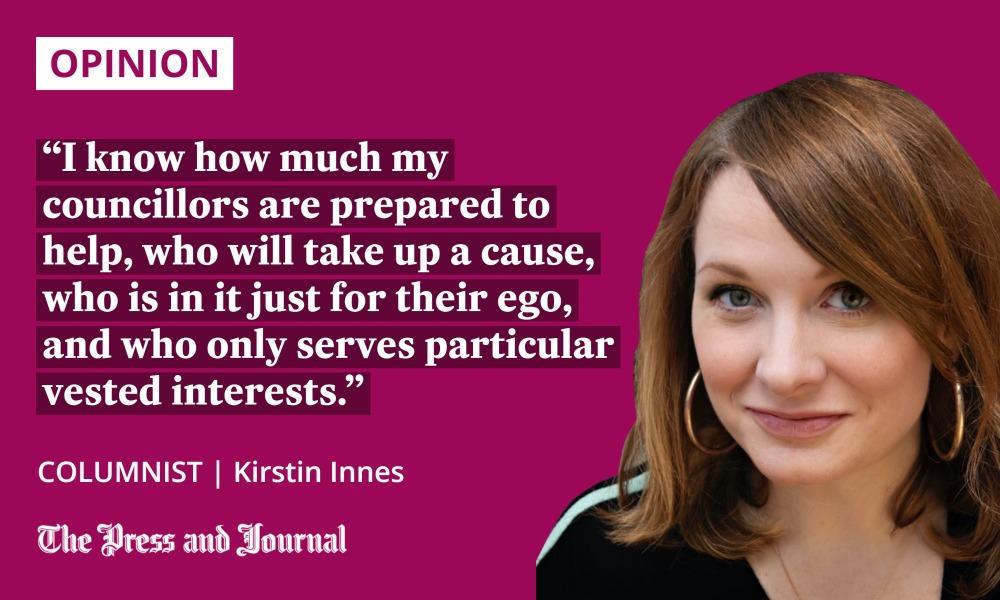
However, for the past couple of years, I’ve been working in grassroots community activism in my village. It’s a slippery slope, by the way; you start out just trying to raise funds for new play park equipment to replace the rusting deathtraps encased in gravel your kids insist on falling off every day, and then, one morning, you wake up and you’re the chair of the board of the village community development trust.
I’d call it my “side hustle”, except that I understand “hustle” denotes work that you’re actually paid for, and “side” would suggest that it hadn’t managed to eat up the majority of my working hours this year.
Anyway, the flipside of all this unpaid community stress is that I feel pretty well informed about all four of the councillors who, until this week, served my ward. I know all of their parties or independent status, but I also know how much they’re prepared to help, who will take up a cause, who is in it just for their ego, and who only serves particular vested interests.
I know who to contact when we need help applying for funding, who to contact when we need assistance working with particular departments of the council, who has the community’s back against corporate interests. Unfortunately, two of them are not standing in the local elections.
Campaign leaflets prompt more questions than answers
A leaflet comes through the door. It’s from one of the two parties I’ve tended to make my first preference in the past. It tells me that they are fielding two candidates in my ward.
One of them is a man I’ve never heard of before. There is no information given about him, just his name and the party he represents. The other is one of our current councillors, a woman who has been really supportive and helpful with a recent issue my community group is trying to resolve involving a big housing corporation who are building in our village.
Without more information I don’t know whether this man will be as responsive, as eager to help out, will share the same views on community rights versus big business interests
I know this because I’ve had to contact her regularly, but there’s no information about her on the leaflet either, beyond, again, her name and party.
The leaflet instructs me to mark him as my number one preference, and her as number two. It doesn’t tell me why.
She is my first choice this year and, despite these instructions, I’ll mark her as such on the ballot; without more information I don’t know whether this man will be as responsive, as eager to help out, will share the same views on community rights versus big business interests.
We need to know the character of the councillor
During a chat at the till with a nice lady in the local shop, I learn that the other party I habitually vote for at Scottish election level is actually fielding a candidate here this year. That’s quite a rare thing; they are smaller and, lacking funds to run in every ward, they tend to concentrate on cities.
However, beyond a local newspaper article listing the candidate’s name (actually how I found out her name), I can find not a sausage of information about this person.
I have not received a leaflet. She does not have a social media profile, there is no information about her on the party website (they do have a page for the last candidate who stood here in 2017, but nothing about her policy), or the regional branch of the party’s social media.
I know what our community needs in a local councillor right now, and I don’t know how she squares up to that. It’s a different thing from electing an MP or MSP; I no longer feel I can trust my vote exclusively to her party of choice without knowing how she herself will work in the role.
There’s no escaping party politics
That said, I’m all too guiltily aware that this cuts both ways with me. There is only one party fielding candidates in my ward that I never have and never will vote for. (Regular readers of this column probably won’t struggle to work out who.)
Last year, while I was struggling to raise funds to bring facilities for disenfranchised teenagers into our local park, a fellow campaigner tipped me off that the older gentleman representing this party was the best person to go to for help.
The project was not one that would work with his party’s current policy, and yet he was unfailingly helpful and enthusiastic about it.
He isn’t standing again; I wouldn’t have been able to bring myself to vote for him even if he was, as I fundamentally don’t feel – yes, despite my experience – that anyone who aligns themselves with that party would ever have a community’s best interests at heart.
Party politics really does get its claws in deep, and early on, in this country.
Kirstin Innes is the author of the novels Scabby Queen and Fishnet, and co-author of the recent non-fiction book Brickwork: A Biography of the Arches

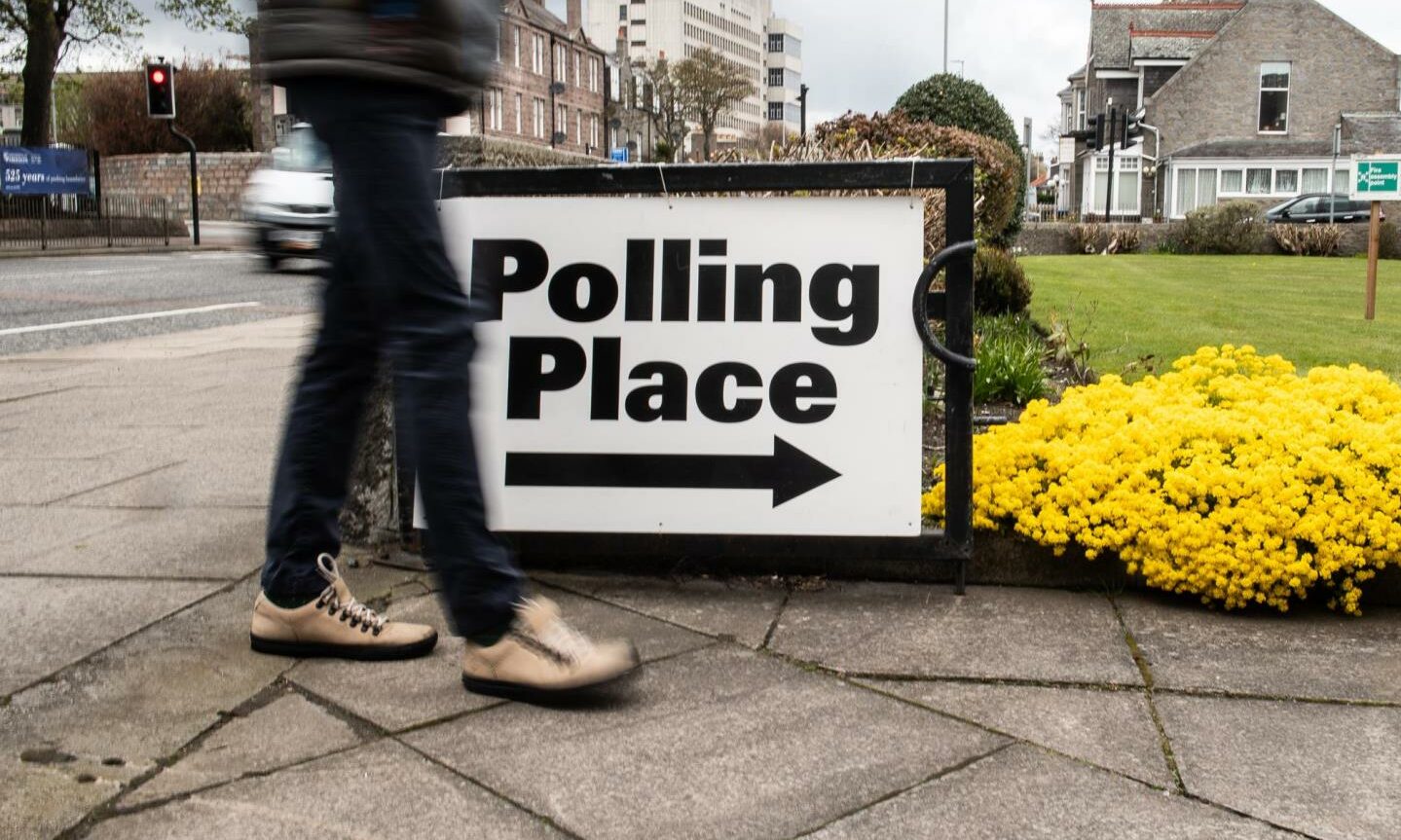
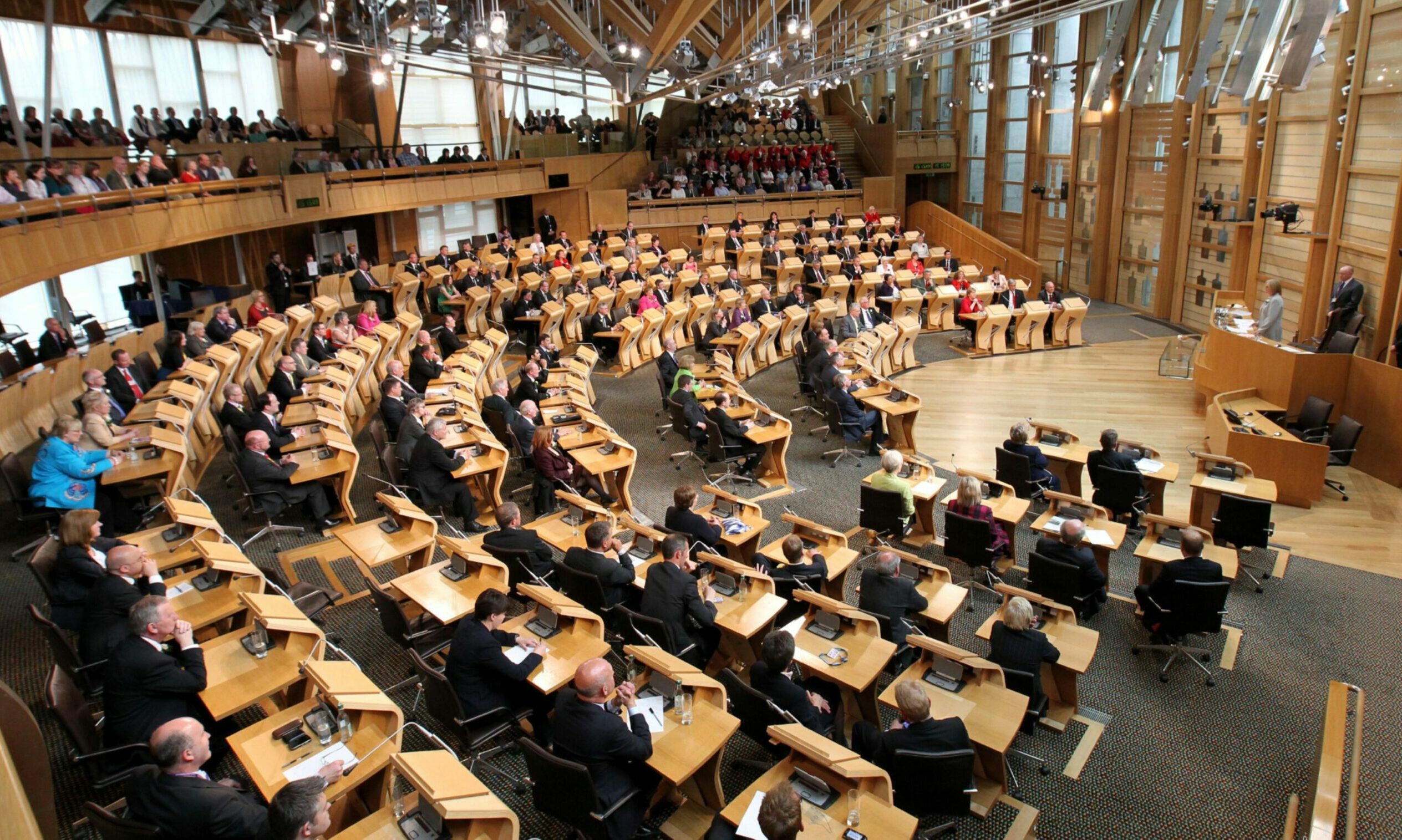
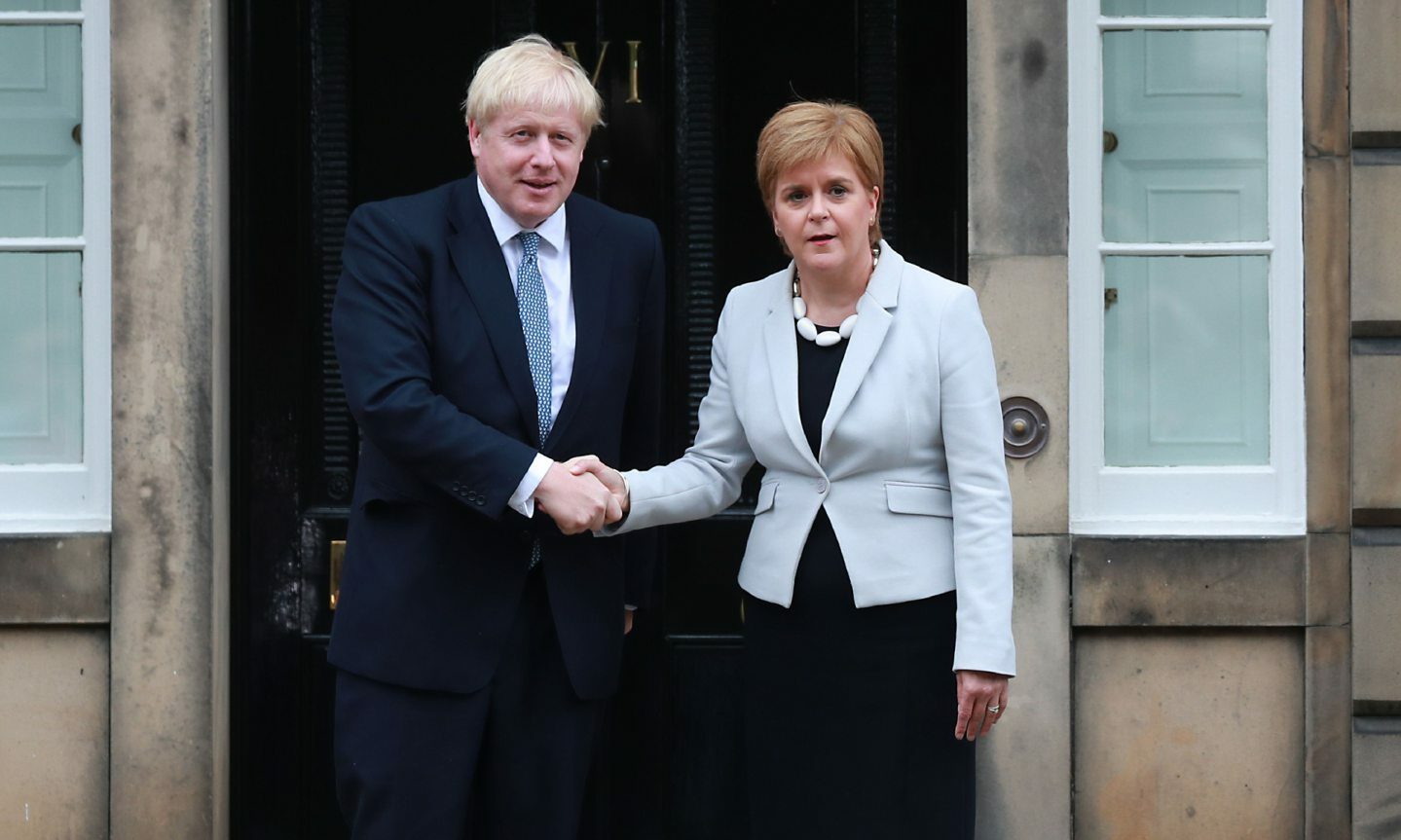
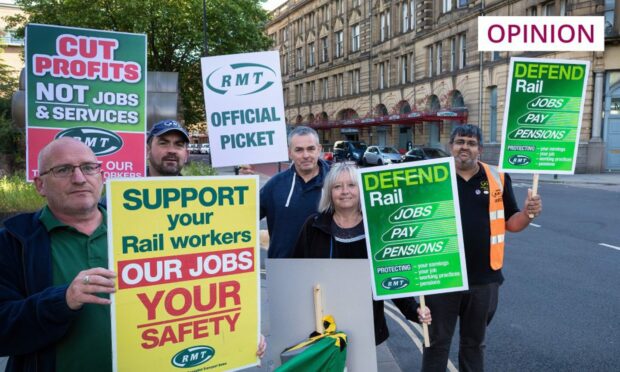



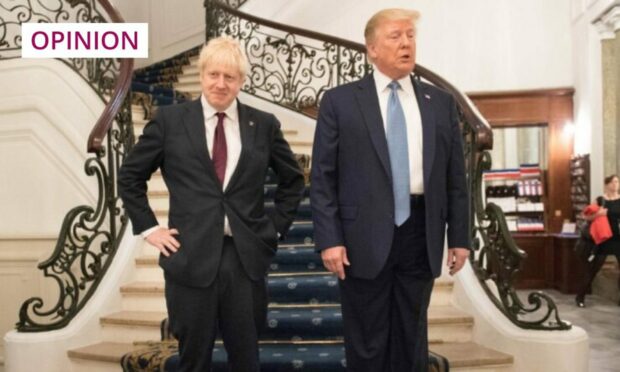

Conversation